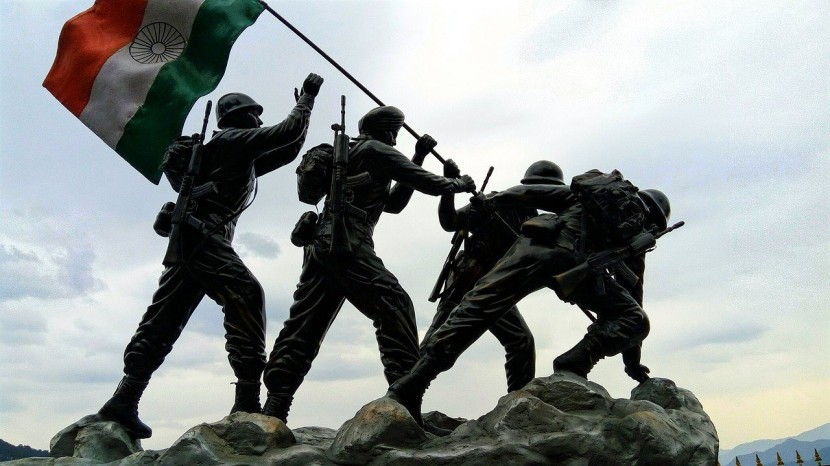
Tensions between India and China have reignited recently after Indian authorities stationed 50,000 more soldiers to the border between the two countries, the most recent sign of aggression after months of no clashes.
Since the historic battle between India and China in 1962 that was waged in the Himalayas, Indian officials are primarily looking to control Pakistan after the departure of the British colony. The two Asian nations have since fought three wars against each other over the disputed region of Kashmir.
Rising Tensions
The deadliest confrontation between the two counties' troops occurred last year, which prompted Indian Prime Minister Narendra Modi to take steps to ease tensions with Islamabad to focus on fighting against Beijing.
India has shifted large groups of troops and fighter jet squadrons towards three key areas along the border. The additional soldiers increased the total number of troops on the border to around 200,000, an increase of over 40% in the number of soldiers stationed there last year. However, the Indian army and a spokesman for the prime minister's office did not provide information regarding the decision, Bloomberg reported.
Previously, India only had enough forces to block and defend against the Chinese military attacks; but the newly-reinforced Indian forces now have more options to attack and take control of territories held by China. The strategy is known as "offensive defense," a person familiar with the matter said.
Indian officials believe the Chinese forces moved troops from Tibet to the Xinjiang Military Command that patrols disputed areas along the Himalayas. The Chinese administration has also continued to build runway buildings, bomb-proof bunkers, and new airfields.
The heightened tensions come after a Chinese court ruled for the imprisonment of a blogger that uploaded posts claiming the death toll of Chinese soldiers during clashes with Indian troops last year.
Read Also: Trump Organization Could Face Criminal Charges for Fraud and Financial Perks, Has a Monday Deadline
In February, Chinese officials arrested at least six people in relation to online posts about the Galwan Valley clash, which includes Qiu Ziming. The standoff between the two nations started in May and later turned into a fistfight among soldiers, leaving dozens dead.
Brutal Slaughter
During the confrontation, at least 20 Indian troops lost their lives, Indian authorities reported. China, on the other hand, did not confirm the number of Chinese troops who dies from the fight. But in February, Chinese officials honored four soldiers, The Guardian reported.
Qiu was a blogger on Weibo who had more than 2.5 million followers. He suggested in his posts that Chinese officials downplayed the number of troops it lost during the clash. The blogger also claimed a high-ranking officer survived the confrontation due to his position.
China sentenced Qiu to eight months in jail under a 2018 law regarding the defamation of "heroes and martyrs." The blogger is the first to be arrested under the legislation, which was revised earlier this year, to include three years of jail time as punishment.
The India-China tensions have been running low since the last confrontation between the two nations' troops in Ladakh, where both administrations accused each other of trespassing, BBC reported.
Related Article: Trump Organization Braces for Criminal Charges From New York Prosecutors as Soon as Next Week, Lawyer Says
Related Article:








